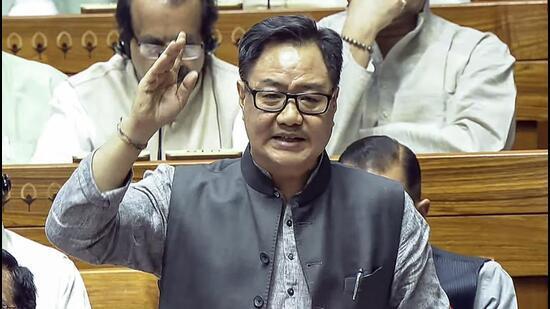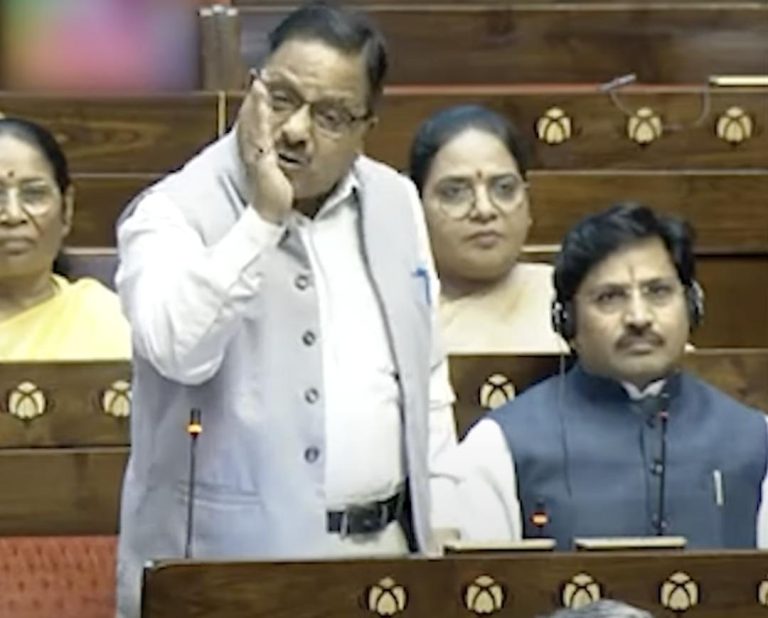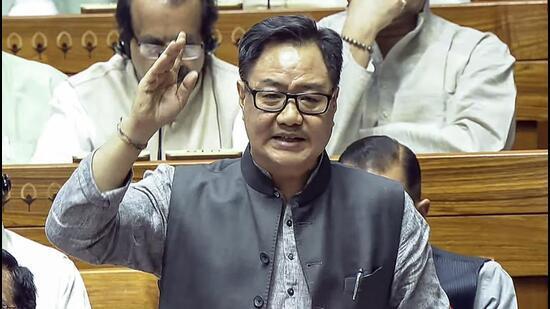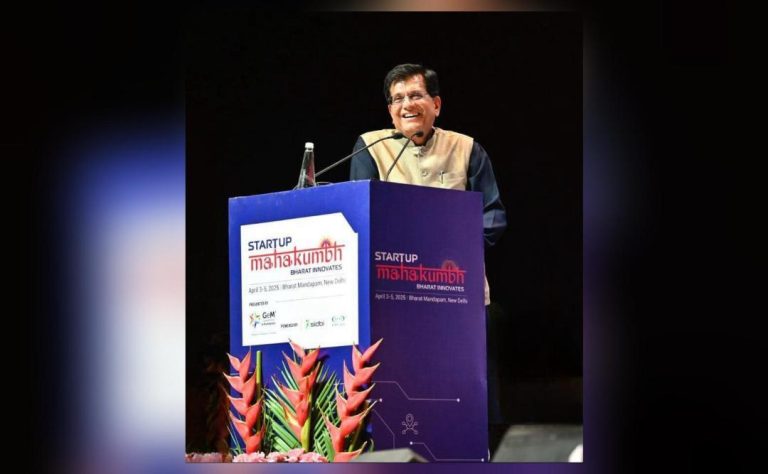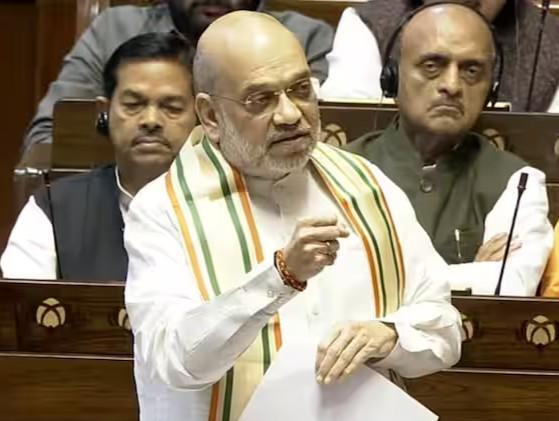
We Aren’t Scaring Muslims, You Are: Amit Shah to Oppn on Waqf Bill
The ongoing debate on the Waqf Bill in the Lok Sabha has taken a dramatic turn with Union Home Minister Amit Shah delivering a stern rebuke to the Opposition parties. During the discussion on the bill, Shah categorically stated that it is not the government that is scaring Muslims, but the Opposition is spreading misinformation and misconceptions about the bill. The Waqf Bill, aimed at reforming the Waqf Act of 1995, has been a contentious issue, with the Opposition parties, including the Congress, raising concerns about its impact on Muslim minorities.
Shah’s comments came in response to the Opposition’s criticism of the bill, which they claim would allow the government to take control of Waqf properties, including mosques, and hand them over to non-Muslims. Shah emphatically denied these allegations, stating that the bill does not have a retrospective effect and would not affect the ownership of Waqf properties. He added that not a single non-Muslim would be allowed to take over Waqf properties.
The Union Home Minister’s statement was a direct response to the concerns raised by the Congress and other Opposition parties, which have been accusing the government of trying to erode the religious and cultural identity of Muslims. Shah’s comments were seen as a strong rebuttal to these allegations, with many interpreting them as a message to the Opposition to stop spreading misinformation and to focus on the actual contents of the bill.
Shah’s statement was met with a mixture of applause and jeers from the Opposition benches, with some members shouting slogans and others expressing their discontent. The Congress, in particular, has been vocal in its opposition to the bill, with party leader Adhir Ranjan Chowdhury calling it an attempt to “discriminate” against Muslims.
The Waqf Bill aims to reform the Waqf Act of 1995, which governs the management of Waqf properties, including mosques, madrasas, and other religious institutions. The bill proposes to replace the existing Waqf Board with a new entity, the Central Waqf Council, which would be responsible for managing Waqf properties across the country.
The Opposition’s concerns about the bill center around the fear that it would allow the government to take control of Waqf properties and hand them over to non-Muslims. They also argue that the bill would dilute the autonomy of Waqf institutions and undermine the religious and cultural identity of Muslims.
However, Shah’s statement has raised questions about the motives of the Opposition parties. Critics argue that the Opposition is trying to exploit the issue for political gain, rather than engaging in a constructive debate about the bill. Many have pointed out that the bill is aimed at reforming the existing Waqf Act, which has been criticized for its inefficiencies and corruption.
The debate on the Waqf Bill has also exposed the deep-seated divisions within the Opposition parties. While the Congress has been leading the charge against the bill, other parties, such as the DMK and the TMC, have been more muted in their criticism. This has led to questions about the Opposition’s ability to present a unified front on issues of national importance.
In conclusion, Amit Shah’s statement has sparked a heated debate on the Waqf Bill, with the Union Home Minister urging the Opposition to stop spreading misinformation and to focus on the actual contents of the bill. While the debate is far from over, it is clear that the Waqf Bill has the potential to have far-reaching implications for the religious and cultural identity of Muslims in India.
